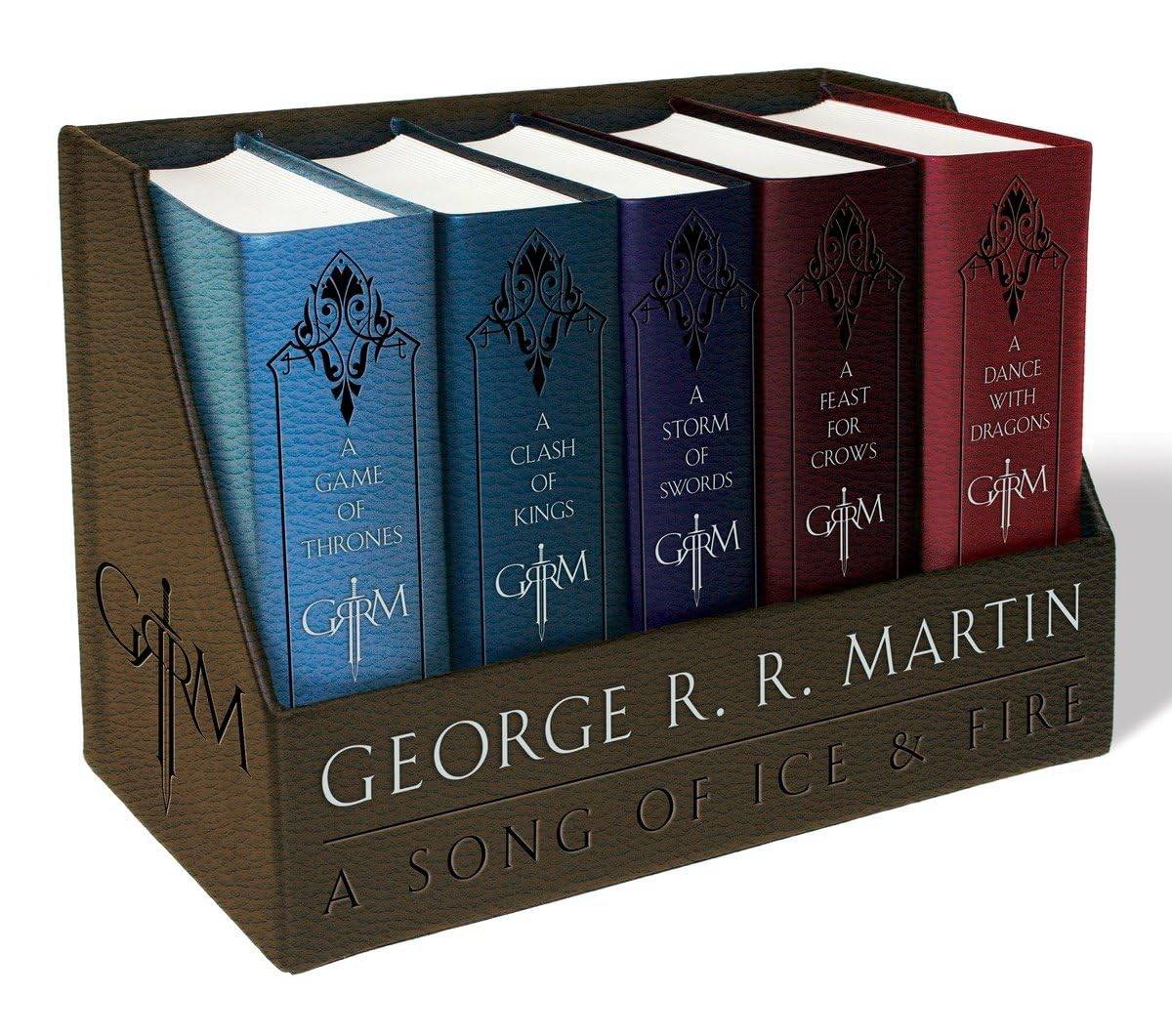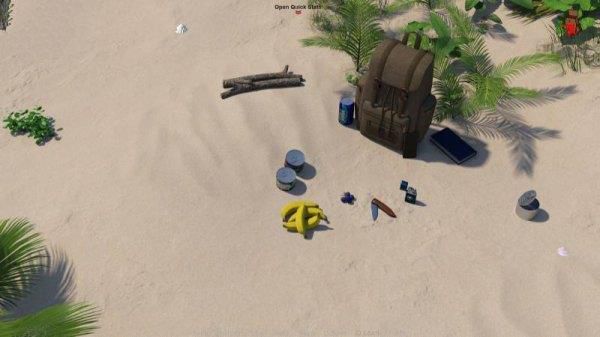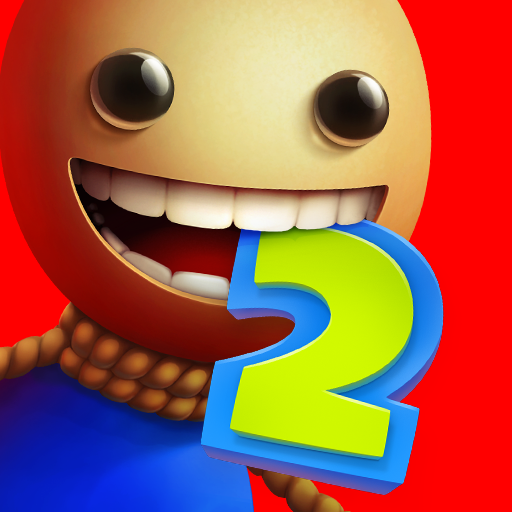Following the successful cinematic adaptation of Uncharted and the critically acclaimed HBO series, The Last of Us, a Horizon Zero Dawn movie was inevitable. PlayStation Studios and Columbia Pictures have officially confirmed a film adaptation, promising to bring Aloy's compelling origin story and the game's breathtaking, machine-filled world to the big screen. While still in early development, the film has the potential to be Sony's first major video game box office triumph—provided it stays true to the source material.
Recent years have witnessed a surge in successful video game adaptations across various platforms. The Super Mario Bros. and Sonic movies, both family-friendly hits, set a high benchmark for critical acclaim and box office revenue. On television, Sony's The Last of Us, alongside Netflix's Arcane and Amazon Prime's Fallout, are fan favorites. Even adaptations with mixed reviews have achieved box office success, such as the Tom Holland-led Uncharted film, which grossed over $400 million.
However, challenges remain. While the "video game curse" is largely a thing of the past, some adaptations still falter. Uncharted, despite its audience appeal, deviated significantly from the games. Conversely, last year's Borderlands film and Amazon's Like a Dragon: Yakuza series underperformed critically and commercially due to their lack of faithfulness to the source material. These failures highlight a broader issue with adaptations: straying too far from the original often alienates the core fanbase, ultimately impacting the project's overall success.
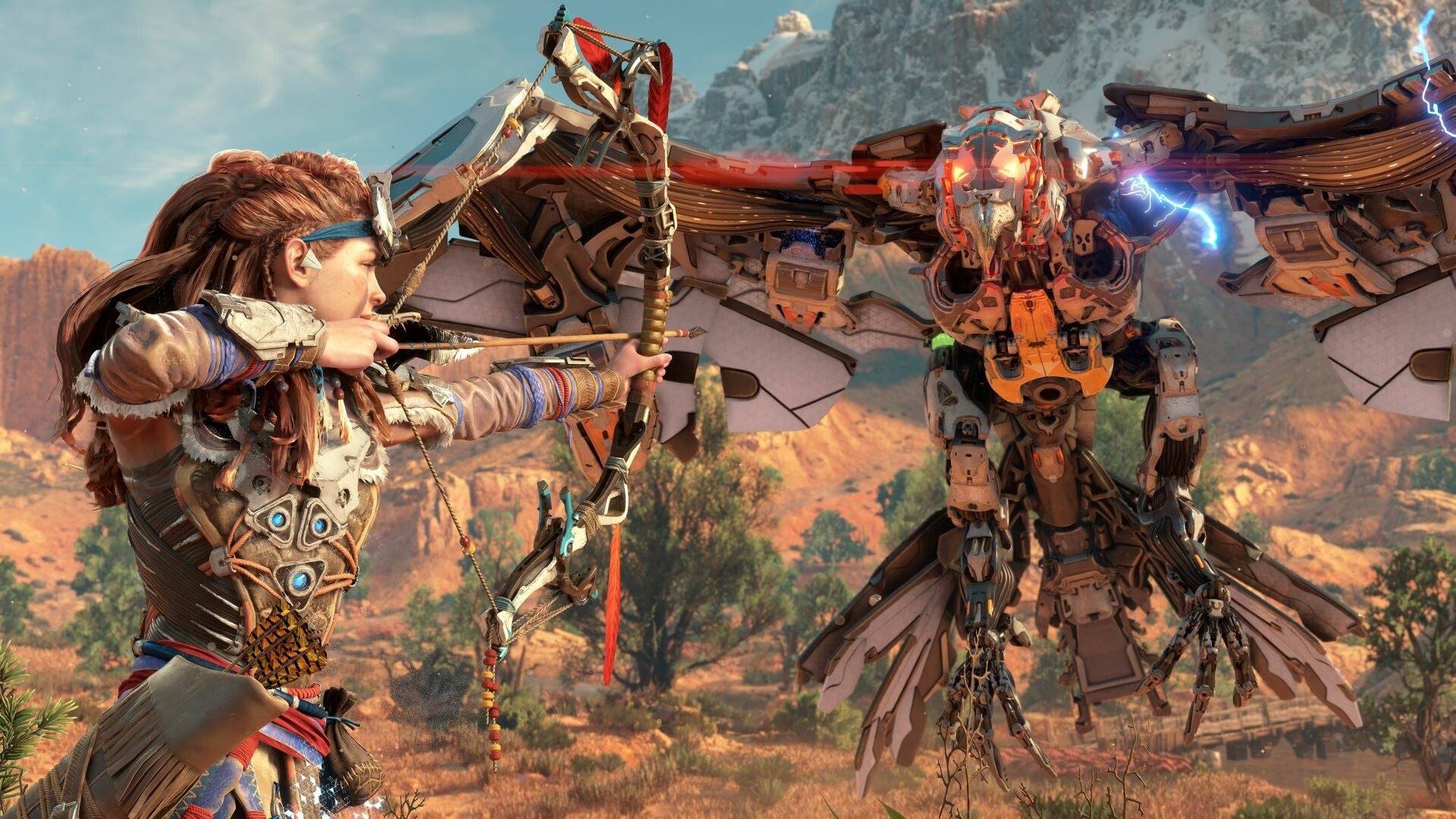
The Horizon movie isn't the first attempt at bringing the franchise to screen. A Netflix series was announced in 2022, along with rumors of a "Horizon 2074" prequel set before the apocalypse. This concept, though unconfirmed, proved divisive among fans who desired a faithful adaptation of the original game's acclaimed storyline and iconic robotic creatures. Fortunately, the Netflix project was canceled, and the focus shifted to a theatrical release. This is a strategic move, as a larger budget allows for the extensive CGI required to bring Horizon's unique visual elements to life.
If the Horizon film emulates the success of The Last of Us, it could become PlayStation's first major cinematic win. The success of Fallout, Arcane, and The Last of Us demonstrates the importance of staying true to the source material's visuals, tone, and narrative. Gamers value authenticity. While The Last of Us introduced new storylines, it remained faithful to the core narrative structure, resonating with both fans and newcomers. A similar approach with Horizon could yield similar results.
Faithfulness to the original game isn't merely about fan service. Horizon Zero Dawn won Best Narrative at The Game Awards 2017 and Outstanding Achievement in Story at the 2018 DICE Awards, highlighting the game's compelling narrative. Set in 31st-century North America, it follows Aloy's journey to uncover her origins and their connection to Elisabet Sobeck, a scientist who is Aloy's doppelganger. Aloy, along with her allies Erend and Varl, are compelling characters, and the exploration of Earth's climate collapse and the rogue AI that created the robotic creatures adds depth. The mysterious Sylens further enriches the narrative.
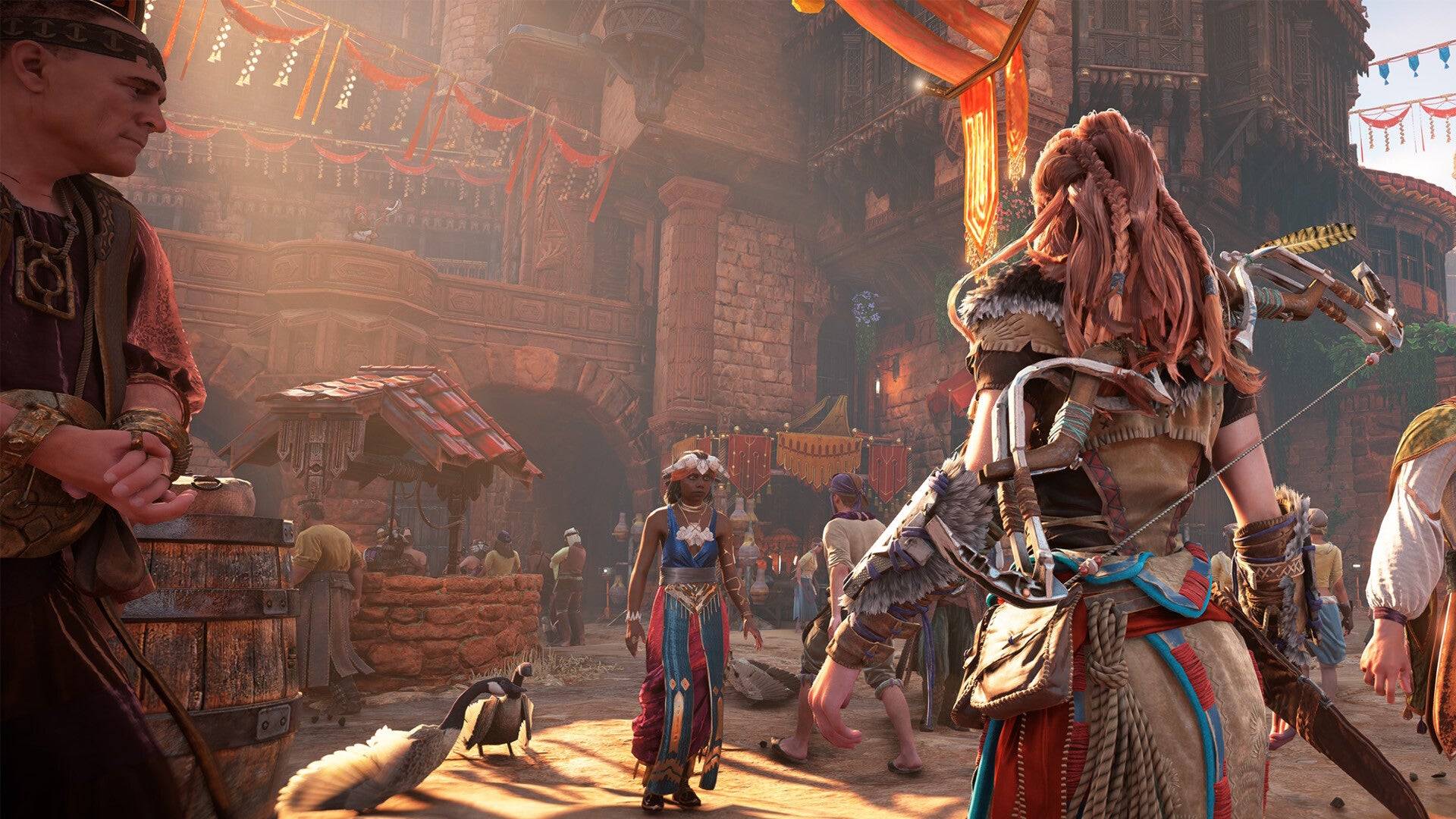
Horizon's compelling story, if adapted faithfully, has the potential for significant critical and commercial success. Its unique world, timely themes, and cinematic aesthetic provide a strong foundation for a successful film franchise. The expansive story of Forbidden West offers ample material for future installments. By preserving the elements that made the game a success, Sony can create a compelling adaptation and establish a successful film franchise, potentially mirroring the success of other PlayStation titles like Ghost of Tsushima and Helldivers 2. However, deviating from the source material could lead to negative fan reception and financial setbacks, as seen with Borderlands. Sony must recognize the potential of Horizon and create a faithful adaptation that does justice to the source material.
AnswerSee Results


